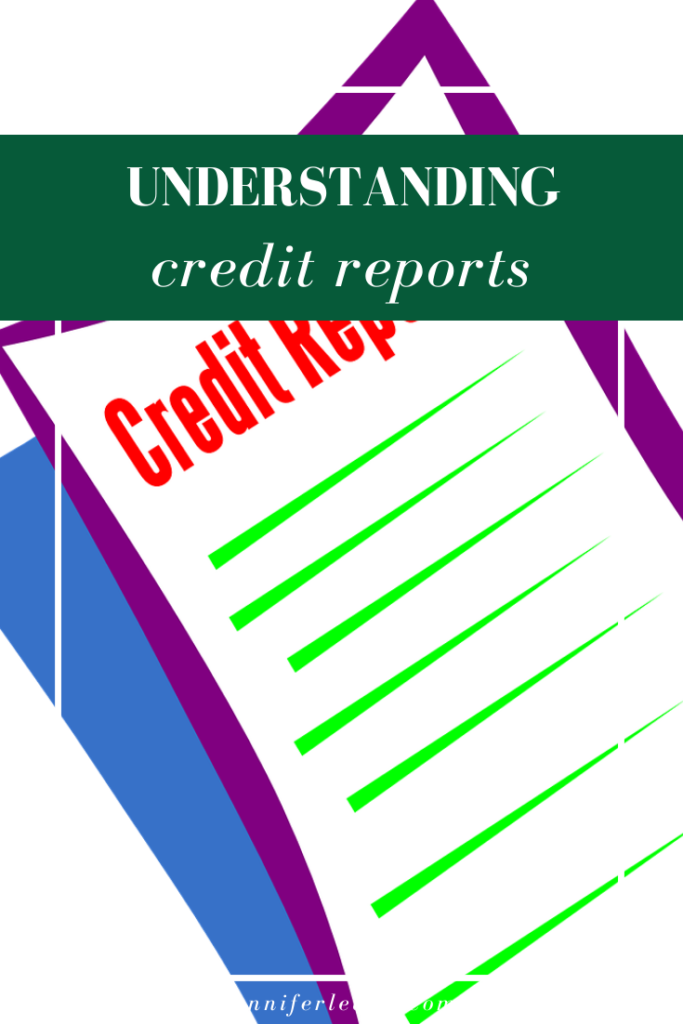
Leonard Steinberg, Chief Evangelist at Compass, sends out a daily email to all Compass agents. In a recent one, he addressed the topic of credit scores. For any home buyers needing a mortgage, this is vital information. Here’s what Leonard had to say:
DID YOU KNOW? The average FICO credit score is 706. Here are some tips about CREDIT SCORES.
- Seeking information about your own credit score is always a soft inquiry, and won’t cost you points on your score, unlike a bank–a HARD inquiry–checking your score for a mortgage application.
- Preferably, use less than 30% of your available credit each month and ideally less than 10%. Paying off your bills fully every month while fully using your credit is less effective. Raising your credit limit could help keep your percentage of utilization down.
- Keeping a balance on your cards doesn’t help and could set back your financial goals, which are better served by consistently paying off credit-card debt in full.
- Closing an older credit card won’t help your score and it might actually hurt you.
- Every time you open a new credit card–or take out a loan or qualify for a mortgage–the overall average age of our credit takes a hit and the hard inquiry subtracts more points from your credit score.
- Getting that first credit card is important to building a thicker credit file, and retail cards are often among the easiest to qualify for.
- Shopping around for a mortgage getting multiple credit scores can hurt your credit, but when credit scoring companies see different lenders pulling your credit score around the same time, they bundle multiple requests as a single query. So shop different rates at the exact same time, within 14 days or less.
- Late payments, collections, foreclosures and chapter 13 bankruptcies hurt your credit score for seven years. A chapter 7 bankruptcy will hurt it for 10 years. But, with the exception of the bankruptcies, the impact of the other problems diminishes as the information ages.
- Banks typically won’t report and debit card activity to credit-reporting companies, but choosing the credit option on your debit card purchases means the funds could take up to three days to post, whereas the debit option means immediate withdrawal.
- 21% of consumers studied in 2012 found errors that resulted in modifications by the credit-reporting firms. Not all credit reports are accurate. So check your credit by regularly looking at your credit report. You are entitled to a free copy of your credit report annually from each of the credit-reporting companies (TransUnion, Experian and Equifax). You can requet them at AnnualCreditReport.com or by calling (877) 322-8228. (WSJ)
I would add to Leonard’s advice to start checking your credit a few months before you think you might want to apply for a mortgage. If there is an error on it, be sure to contact the credit bureau and begin the process of having it investigated. It can take a while to have an inaccurate item removed from the report and you don’t want a mistake to cause you to pay a higher interest rate than you should. The other recommendation is to pay your credit card off weekly (as opposed to monthly) when you are preparing to apply for a mortgage. The 10% Leonard mentions is much easier to reach when you pay the bill off more frequently. Finally, it’s not a good idea to open or close new cards close to when you are applying for a mortgage and you also want to stay away from big purchases around that time as well.

